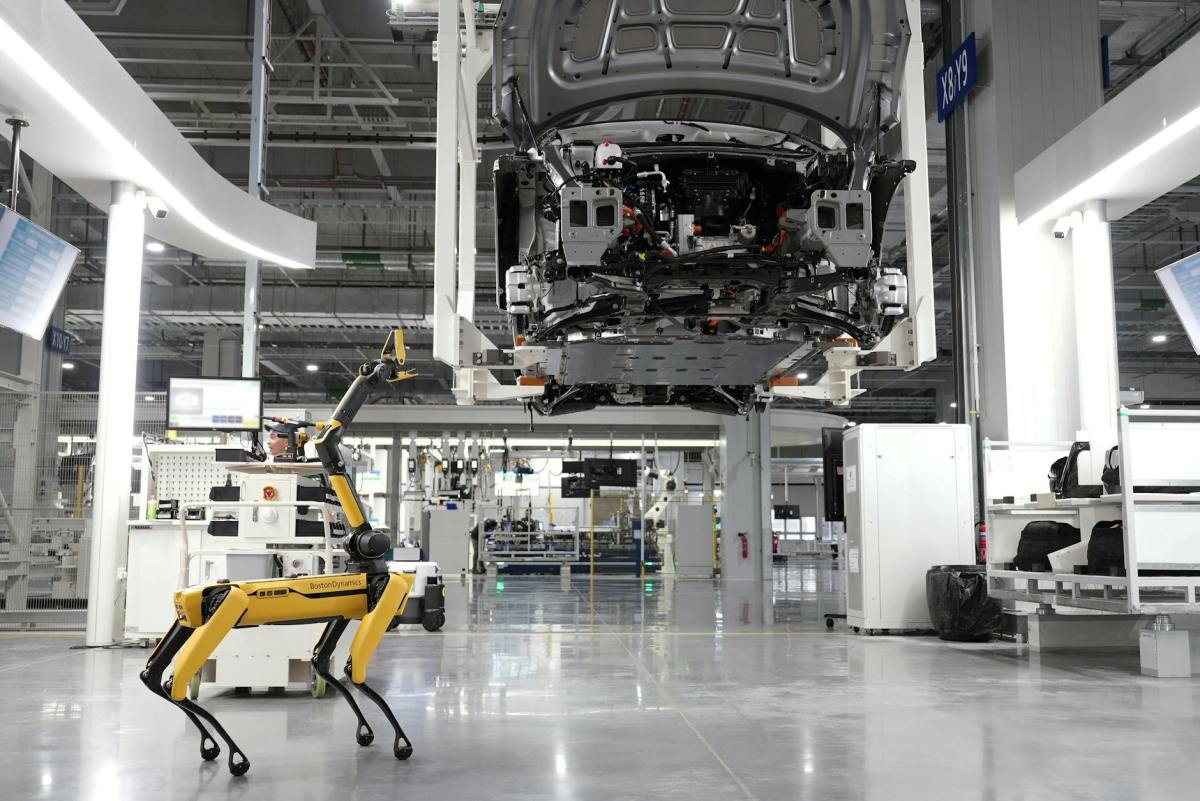What is NarrowBand IoT or NB-Internet of Things?
NB-IoT (or NarrowBand IoT) is a type of wireless communication used to connect IoT devices to a mobile network, a type of LPWA (Low-Power Wide-Area) network, with low power and narrow bandwidth, operating over wide areas.
A technology, the NarrowBand-Internet of Things, enables the exchange of small amounts of data efficiently to numerous devices with reduced power consumption and coverage where conventional mobile technology does not reach.
But what are Low-Power Wide-Area networks and what role do they play in NB-IoT?
What is LPWA connectivity
LPWA (Low Power Wide Area) networks and 5G are of enormous importance for the mass adoption of Internet of Things solutions.
Both connectivities, which are complementary, enable the use of connected IoT devices when there may be thousands of them in a specific, limited area.
LPWA connectivity is characterised by both its long range (useful for installing sensors and operating in distant or hard-to-reach places) and its low power consumption (which guarantees the autonomy of IoT devices).
The technology also has a high penetration capability, so it can overcome physical obstacles, whether indoors or outdoors.
What is IoT
We’re talking about NB-IoT, but what exactly is the second part?
IoT (Internet of Things) can be summarised as the set of devices and objectives that have the ability to connect and exchange data with other devices through a mobile network.
A technology that, with the support of 5G and its deployment, makes it possible for connectivity to reach a very large number of electronic devices at all levels, from industrial to automotive, including virtual assistants and household appliances.
What is the utility of NB-IoT?
NB-IoT is based on LTE (Long Term Evolution) technology, a fourth-generation mobile communications standard that provides high-speed mobile data connections.
The NarrowBand-Internet of Things can have different use cases in various sectors, thanks to the characteristics mentioned above.
- Agriculture. Issues of fundamental relevance to the agricultural world such as humidity, water levels in reservoirs, weather, soil control or how crops are growing can be monitored through NB-IoT connected devices.
- Buildings. Smart buildings can automate different issues related to both the smart homes inside and general issues related to the building as a whole, such as ventilation, air conditioning or lighting.
- Logistics and industry. Industry 4.0 is another field that can benefit from NarrowBand-IoT technology. Controls in the supply chain, asset tracking, instant evaluation reports or, if the nature of the product requires it, even temperature and cold chain monitoring, are some of the advantages offered by this technology in the logistics and industrial fields.
- Health. Being able to remotely monitor chronic patients with certain conditions through connected medical devices is another of the possibilities offered by this technology.
- Smart cities. Smart cities will benefit from the use of NB-IoT technology in different aspects, from V2X (vehicle to everything) communications to increase safety, to urban lighting, improving air quality by controlling emissions or increasing mobility standards for citizens.
- Transport. Both public transport to provide greater fluidity to the services offered (from maintenance to levels of use) and private transport (to know the occupancy levels of car parks or to know where there are electric vehicle charging points) are issues that can be improved thanks to NB-IoT technology.
Conclusion
The technology known as NB-IoT offers, given its characteristics, a number of features that make it different.
These features include low power consumption, a similarly low data rate (so it is suitable for uses that do not require a large amount of data) or a greater range of data transmission, as well as a lower cost than other IoT connectivity technologies.














